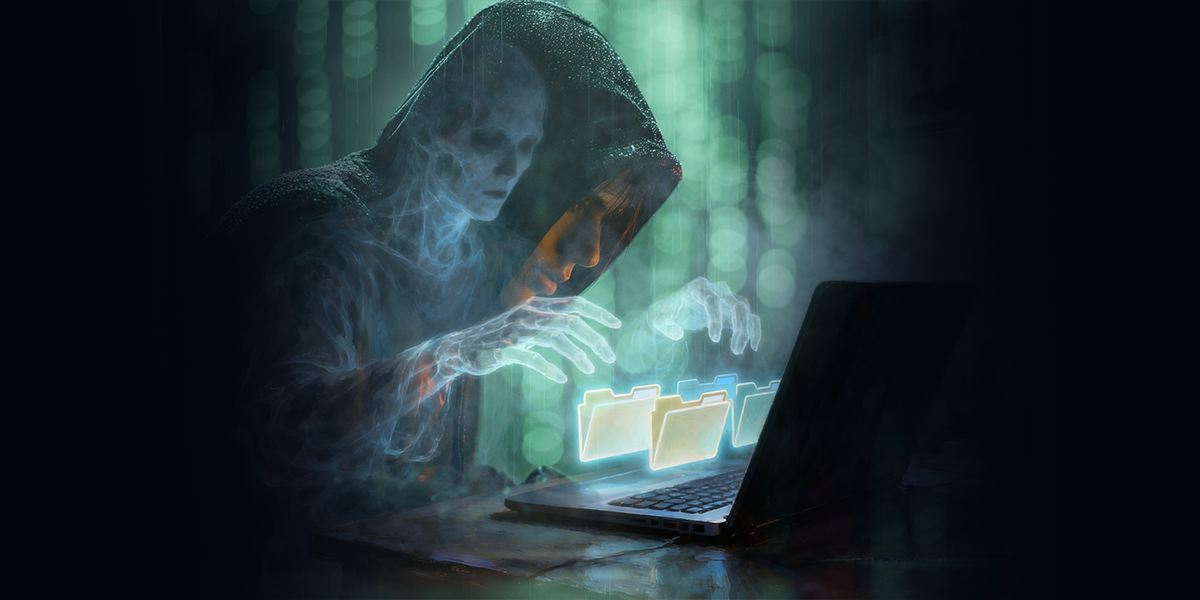The Trojan “Clampi” has been causing computer users and financial institutions a major headache in the past few weeks, with more than 4,500 websites targeted by the data-stealing Trojan.
Whilst the virus has been around for a number of years, a number of high profile incidents, including the theft (and subsequent recovery) of $479,247 from a bank account belonging to the Cumberland County Redevelopment Authority and $700,000 from the Western Beaver School District have put the Trojan back into the spotlight.
The bug predominantly aims to hack into financial transactions, particularly targeting the websites of financial institutions, online gaming companies, recruitment companies and market research firms. It attempts to steal the data of any individual logging into these services by secretly installing itself on a user’s PC and recording any login credentials.
Like most Trojans and computer viruses, Clampi exploits weaknesses in computer operating systems and user knowledge, so how do you ensure that you don’t fall victim to Clampi?
1: Update your antivirus software
Clampi isn’t a new Trojan. It was first discovered in 2007 and as a result, most antivirus software companies are well aware of its existence and how it is evolving. Update your antivirus software to ensure that you have the best protection against Clampi infecting your PC.
It is also advisable to use a firewall to monitor the content of electronic communications travelling in and out of your PC.
2: Update Your Operating System
Like most Trojans. Clampi predominantly targets Windows users, so make sure that you download and install any critical updates and security patches from Microsoft. You can find all the latest fixes and patches for Windows on the Microsoft website.
3. Use common sense
Don’t fall prey to phishing scams which could be used to harvest sensitive data. No financial institution or legitimate company will ask you to disclose your PIN number or security details in full online. If you receive an email from what seems to your bank, report it to that institution. Also remember to avoid using easy-to-guess passwords, try to use one which uses a mixture of alphanumeric characters and both upper and lower case.
4. Shop carefully
It is always advisable to use credit cards when shopping online, as any fraudulent activity is usually insured by the card company. By using a pre-paid or low limit card, you are also limiting the amount that a hacker can obtain using your details.
5. If you do fall victim to Clampi.
If you believe that you have been a victim of Clampi, or any other form of malware, contact your bank, credit card companies and the authorities immediately. You should also change any login details and passwords on any accounts that you may have.







